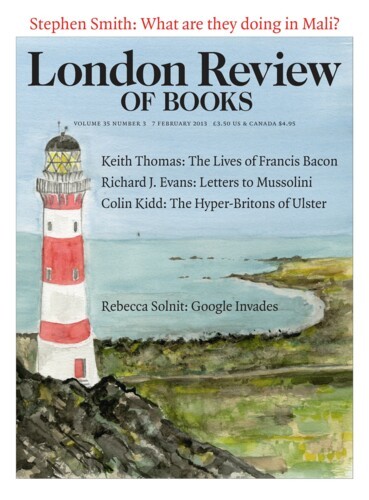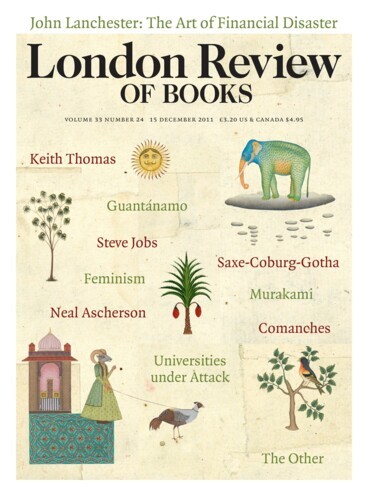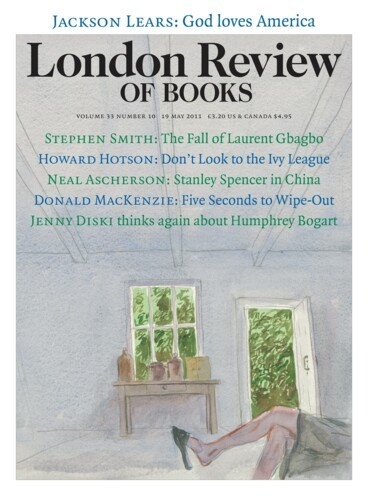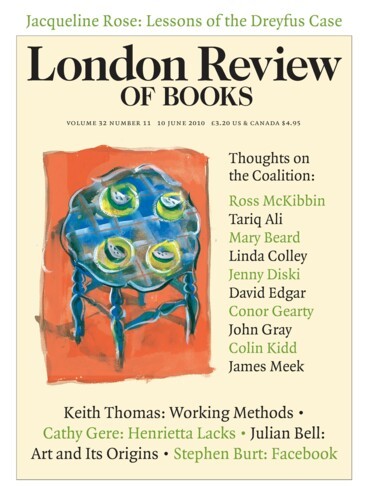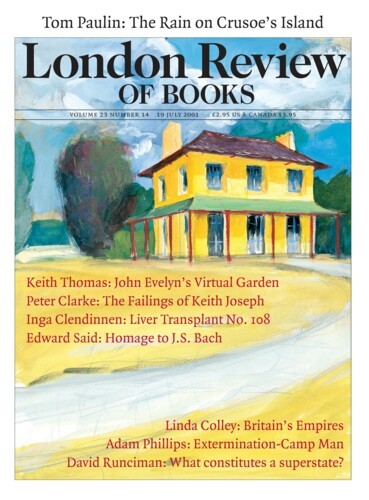Newton used to turn down the corners of the pages of his books so that they pointed to the exact passage he wished to recall. J.H. Plumb once showed me a set of Swift’s works given him by G.M. Trevelyan; it had originally belonged to Macaulay, who had drawn a line all the way down the margin of every page as he read it, no doubt committing the whole to memory. The pencilled dots in the margin of many books in the Codrington Library at All Souls are certain evidence that A.L. Rowse was there before you. My old tutor, Christopher Hill, used to pencil on the back endpaper of his books a list of the pages and topics which had caught his attention. He rubbed out his notes if he sold the book, but not always very thoroughly, so one can usually recognise a volume which belonged to him.
It is possible to take too many notes; the task of sorting, filing and assimilating them can take for ever, so that nothing gets written. The awful warning is Lord Acton, whose enormous learning never resulted in the great work the world expected of him.
